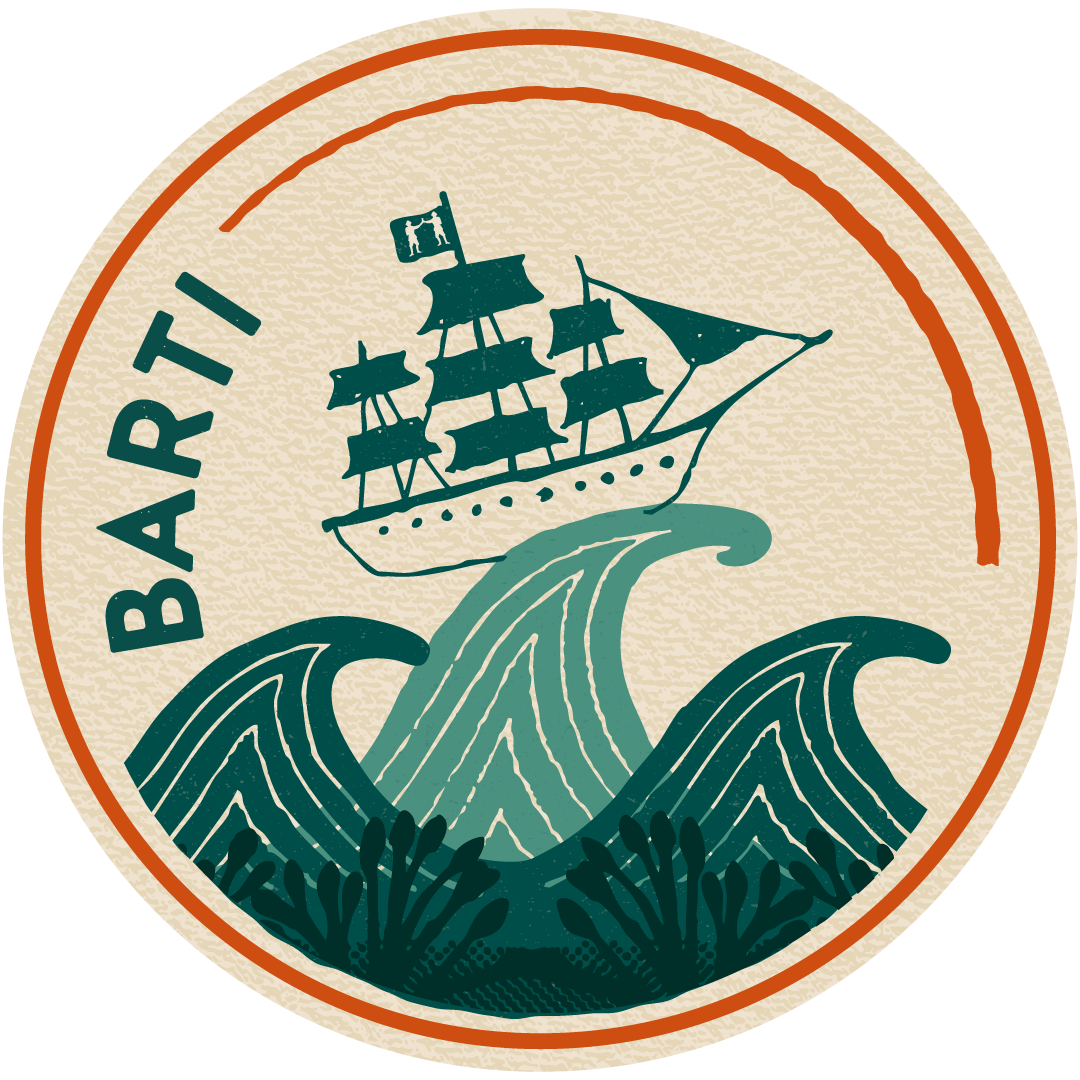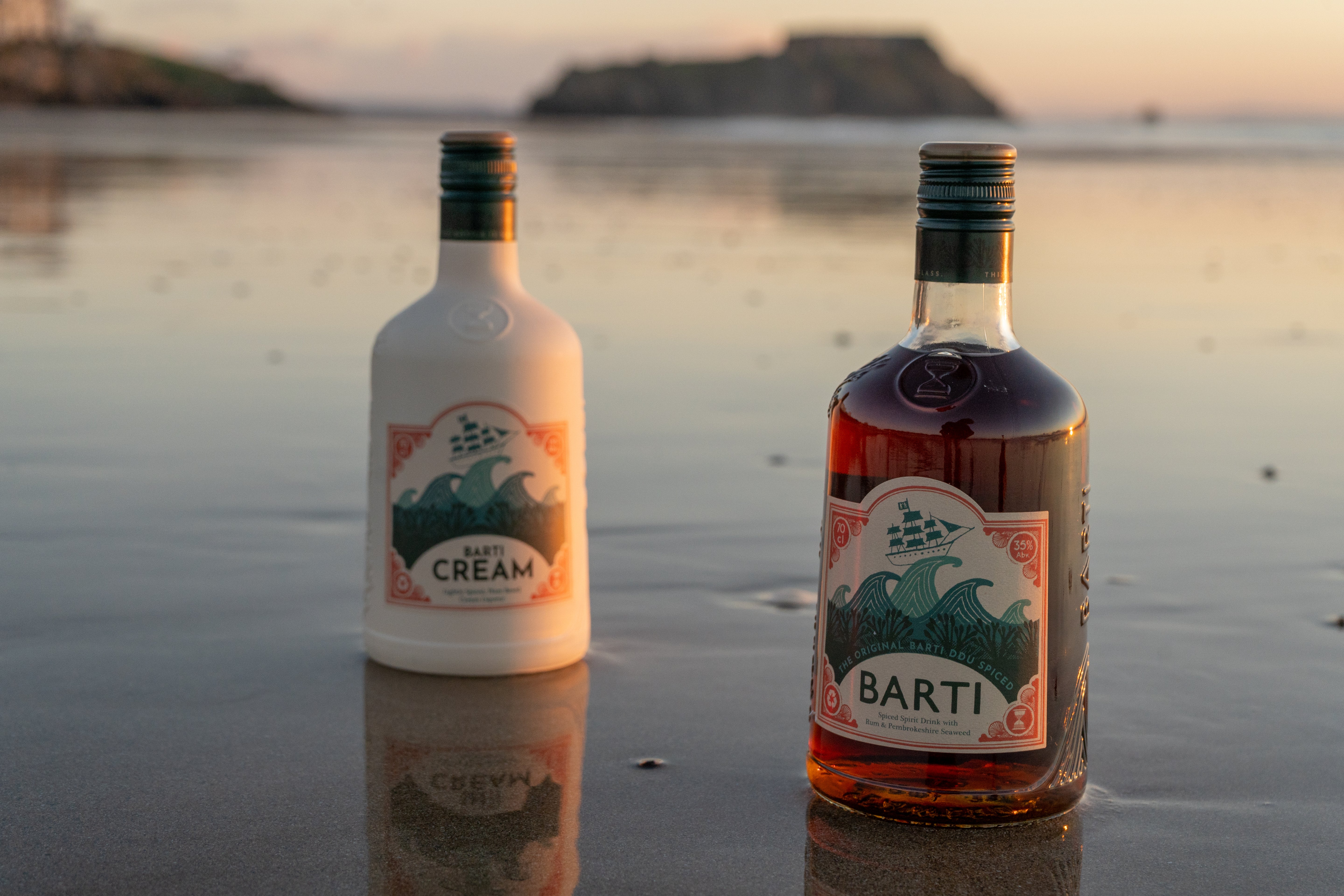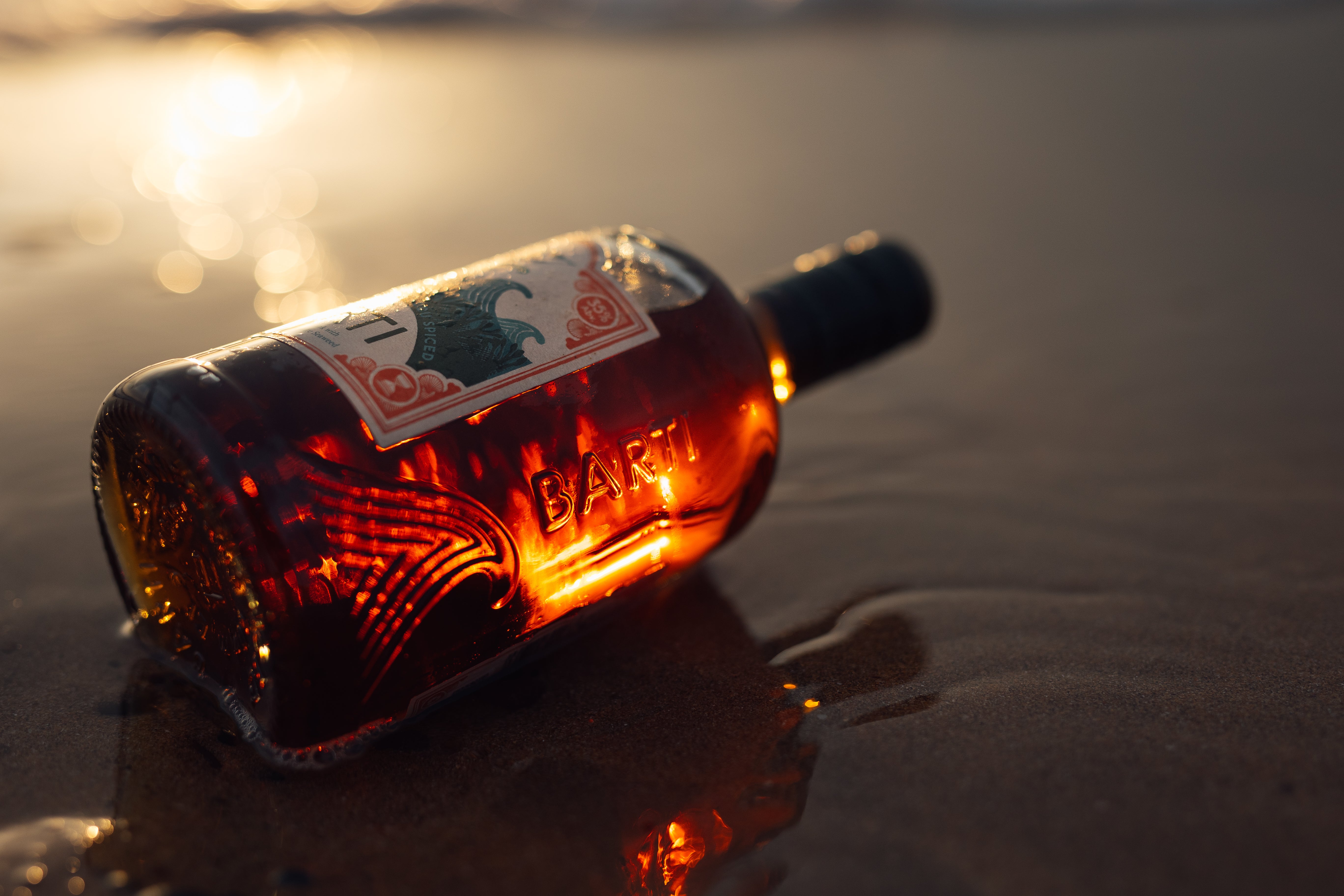1: Discovering Seaweed Rope Growth

After a lot of research and speaking to some experts and theorists on the subject of “blue carbon” I became fixated with the idea that the simple method of providing extra surface area for growth to occur on below the surface of the sea, meant it would quite simply, automatically happen. The more surface area I can provide, in the form of ropes, the more seaweed will grow and the more carbon will be absorbed. This project, if proven to be as simple and effective as it appears, could be rolled out in endless waters around the world. The magnitude of positive environmental impact this could have is almost indescribable.”
That humble conversation on the beach, followed by swathes of research began in 2020. There are still some questions to be answered before any kind of mass project can get funding to go ahead. One of which is whether deterioration of carbon absorbing efficiency wanes as the seaweed ages. However there are different solutions for this if it proves to be the case. In the instance that the seaweed does become less effective and subsequently completely inactive at absorbing carbon after a certain time has passed, you could recurrently harvest the aged seaweed plants to make way for new spores and use the bi-product in the food industry.
If the project is successful and when the science is able to more precisely predict the impact each measure of seaweed has on the carbon crisis, Barti Rum will be the first business to become carbon neutral (or hopefully negative) using this method. It will happen based on the idea that each bottle sale will fund the opportunity for more seaweed to grow in the sea, and absorb an equal amount of carbon, to that which produced and transported the bottle into existence initially. The benefit of this method of becoming “carbon neutral” over the existing method of planting trees to offset carbon, is speed and space.
Jonathan continues “From my earliest amateur experiment, right back when we pulled the first ghost pot out of the water onto the boat, it was pretty clear that seaweed grows quicker than trees, and if the early evidence is to be believed, it is better at cancelling carbon than its land counterparts. There is a huge amount of scope for other business’ to use this initiative for a brighter future.
I am excited by the potential of this initiative for myself, both my business’, my family and for future generations all over the world.”
Read more about Cafe Môr and The Pembrokeshire Beach Food Company here.
Barti | The Back Story - With Origin Story Below...
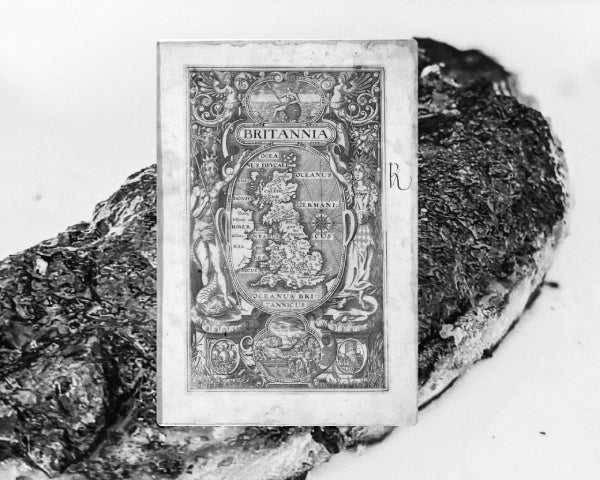
1607
The First Record Of Welsh People Eating Seaweed
Laverbread is recorded as a staple food, eaten in South Wales in William Camden’s work, Britania. The people of Swansea and the surrounding area are among the most charmed by this savoury green ingredient and devour it routinely, normally as part of their breakfast.
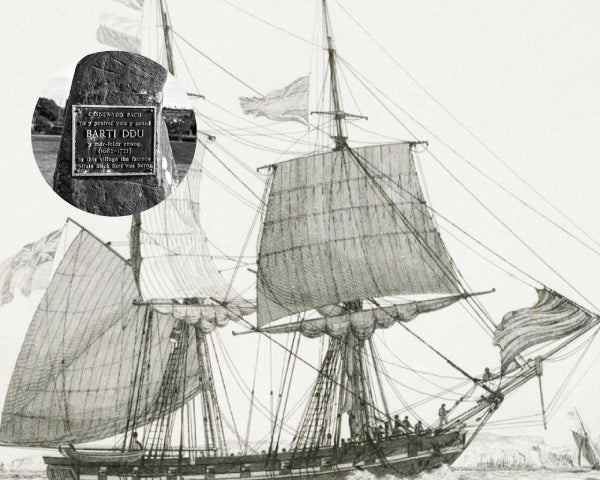
1682
A Young Boy Leaves Pembrokeshire
A boy called John Roberts was born in Casnewydd Bach (Little Newcastle in English), a tiny village in Pembrokeshire, West Wales. The boy grew and left home aged 11, he is recorded as joining the British Royal Navy in the lowest of ranks aged just 13.
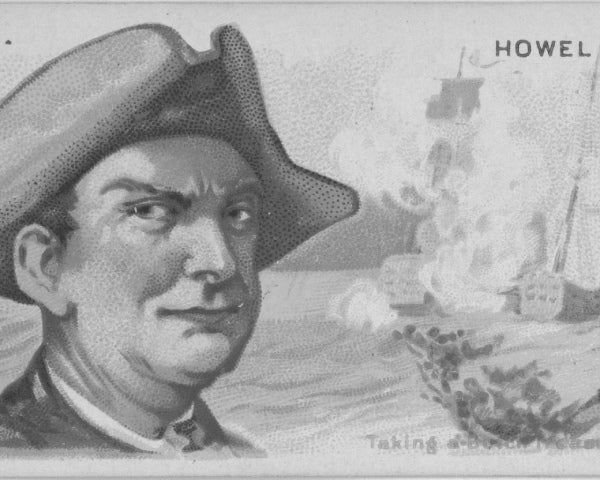
1719
Roberts Is Forced To Join His Pirate Captors
Age 37 Roberts’ long lowly career in the Navy has been habitually unremarkable until one day the ship he is working aboard is captured by pirates. Reluctant to join them, but less inclined towards being murdered, Roberts is initiated into the pirate crew which happens to be captained by another Pembrokeshire man, Howel Davies from Milford Haven.

1720
Bartholemew The New Captain
Immediately hitting it off with his captor, John Roberts and Hywel Davies speak Welsh to one another and Davies values Roberts’ excellent navigational skills which were entirely overlooked by his former royal naval colleagues. When Davies is killed, the very popular second in command is immediately voted in as the new captain and takes on the alias name Bartholemew Roberts.

1721
The Most Prolific Pirate Career
Bartholemew is wanted dead by several of the richest countries in the world for his notoriously effective interceptions of Atlantic trading ships. Famed for his unprecedented success at seizing huge amounts of treasure over a short period, fiercely enforcing his pirate code which ensures every crew member (a third of whom were black) has an equal share and vote, ensuring his men don’t mistreat women, and being unapologetically unique in terms of style and attitude for the time.

1722
Forever Known As Barti Ddu or in English Black Bart
After his death Bartholomew Roberts becomes known as the infamous Black Bart, or Barti Ddu in Welsh. Barti Ddu was long constrained by poverty and the societal norms of the seventeen hundreds before his capture which ultimately freed him to be the individual he truly was.
It’s well documented that Bartholemew Roberts spent very little time in the company of women, some historians speculate that he was gay or in fact a she.
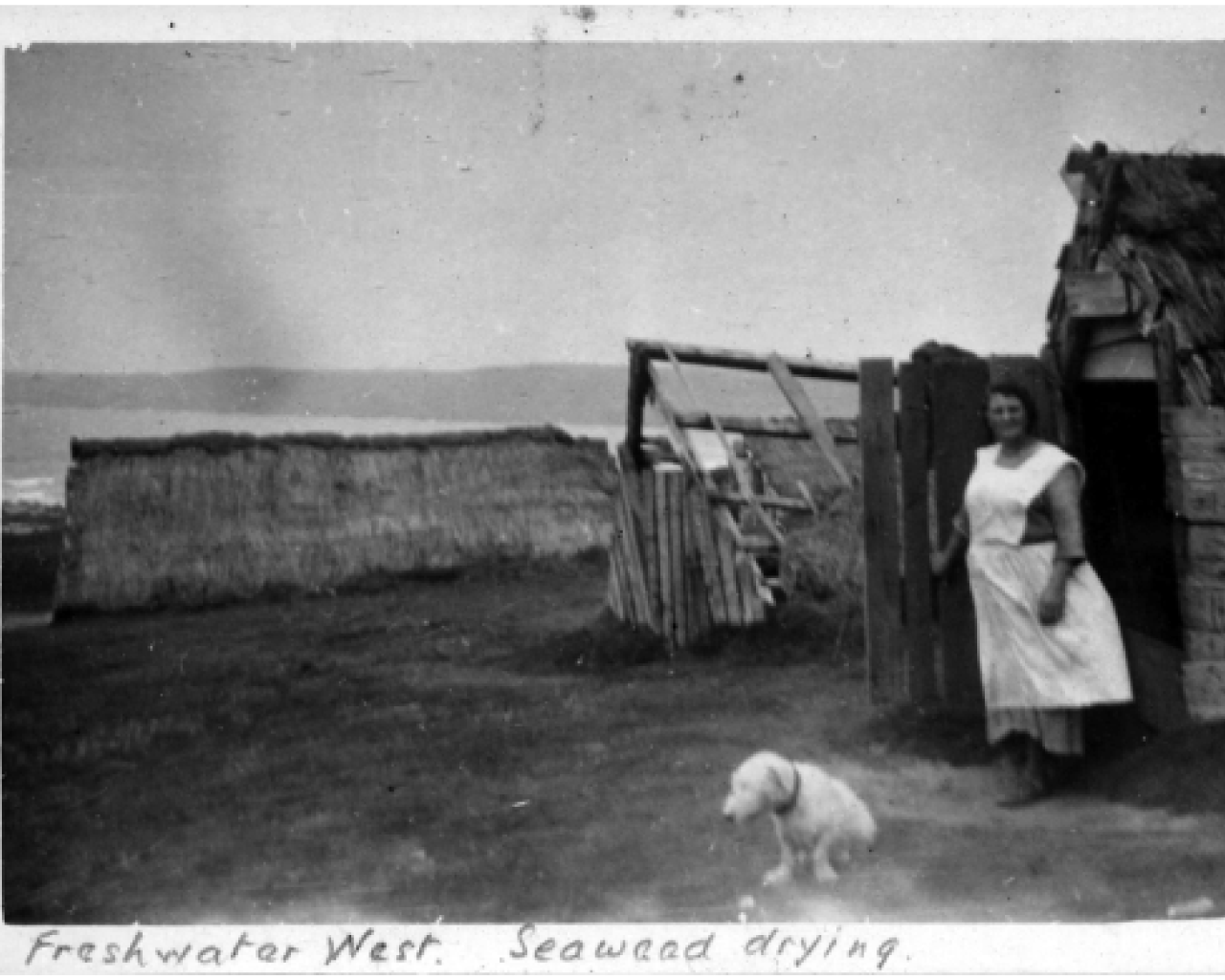
1879
A Pembrokeshire Shipwreck Over 100yrs After Barti's Death
The Thomas M Reed, bound for Liverpool from San Fransisco with tonnes of precious cargo. The ship never made it, wrecking off the Pembrokeshire coast. Cargo was strewn along Freshwater West, a secluded beach on the most South West tip of Wales, attracting people from as far as Swansea. The visitors noticed the abundant laver seaweed growing at Freshwater West realising it could be used to up production of their beloved laverbread. A deal was struck and laver began being picked by local women and transported to Swansea for processing.
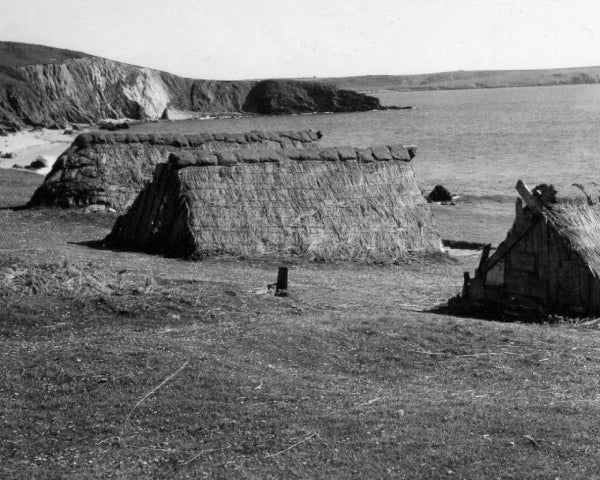
1940
Seaweed Collecting At Freshwater West Peaks Then Fades Away
The best of the seaweed harvesting years at Freshwater West are over as food fashions change and the availability of new and exciting delicacies arrive.

1995
A Physical Symbol Of Pembrokeshire's Seaweed Harvesting Heritage
The last remaining seaweed drying hut at Freshwater West beach is restored by The National Trust and becomes a grade two listed building.
Barti | The Origin Story
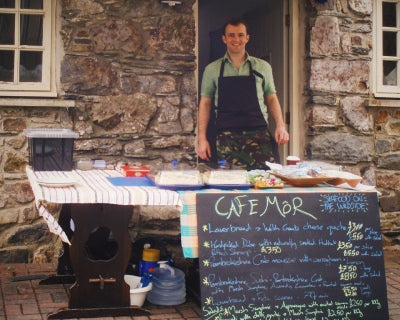
2010
Jonathan Williams is Homesick
Staring out of his landlocked Swindon office window, working in sustainability, but pining for Pembroke and his passions, cooking, story telling and the sea.
Captivated by harvesting wild laver seaweed at his local beach, from the preservation of the last drying hut. Jonathan acquires a taste for the seaweed himself and so inspired, he starts ‘The Pembrokeshire Beach Food Company’ trading his seaweed lobster rolls, sea plant salads and beach burgers at ‘Café Mor’. Jonathan quits his day job in Swindon.
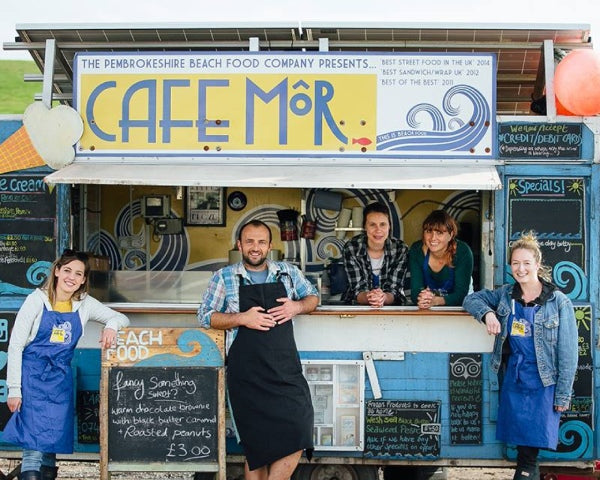
2012-2016
‘Cafe Mor’ Wows Crowds With Seaweed Inspired Menu
The seaweed inspired menu is a hit and wins gold at the British Street Food Awards and Café Mor caters for the athletes in the Olympic village, Glastonbury & other major UK events. Café Mor wins a permanent trade spot at home, where historical seaweed pickers worked from. Fran Barnikel joins on a temp graduate placement. Growth Continues.
His sideline of sea inspired condiments and crackers get traction and are commonly found in local shops.
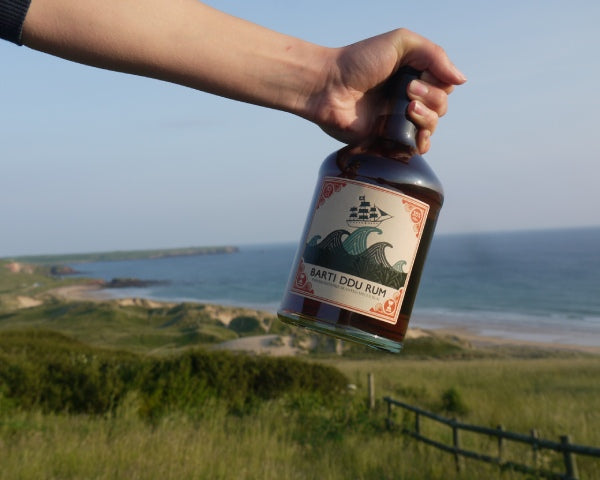
2017
BARTI DDU RUM IS BORN
Jonathan, takes two weeks off after the birth of his second daughter & returns to HQ with excitement & a new business idea, combining his favourite things; Seaweed, a great local story, this time a pirate 'Barti Ddu' & RUM. He'd already begun developing the flavour profile and sourcing expertly distilled rum from the Caribbean. Barti Ddu Rum was born.
Having always been a rum girl, it didn’t take much persuasion for Fran to get involved. Fran becomes a partner & later full time Managing Director.
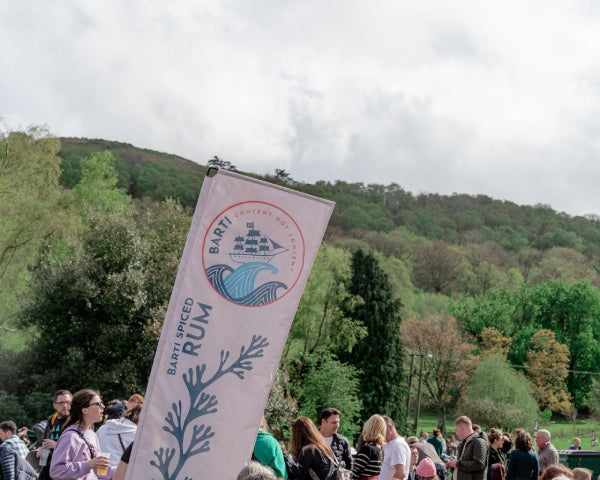
2019
Building A Brand
Barti Spiced Rum begins to really take off in Wales, especially as a new wave of rum lovers comes crashing in over the slowly plateauing gin craze. Barti builds itself as a brand for those much like Jonathan Williams. Driven by passion, creative, eco conscious and enthralled by the outdoors and what tales of adventure they have to offer, and are yet to facilitate.
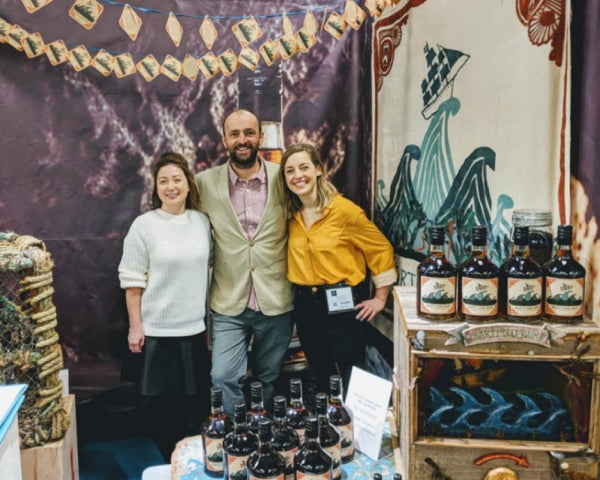
2020
Barti Rum Is Grateful To Its Loyal Following
Despite the obstacles of the pandemic Barti secures itself as the third best selling spirit in the portfolio of the biggest regional food service wholesaler in Wales, behind only mainstream brands Gordon’s Gin and Smirnoff Vodka. Amy Yamazaki joins the team heading up trade sales and expanding Barti’s presence in shops and bars across the UK.
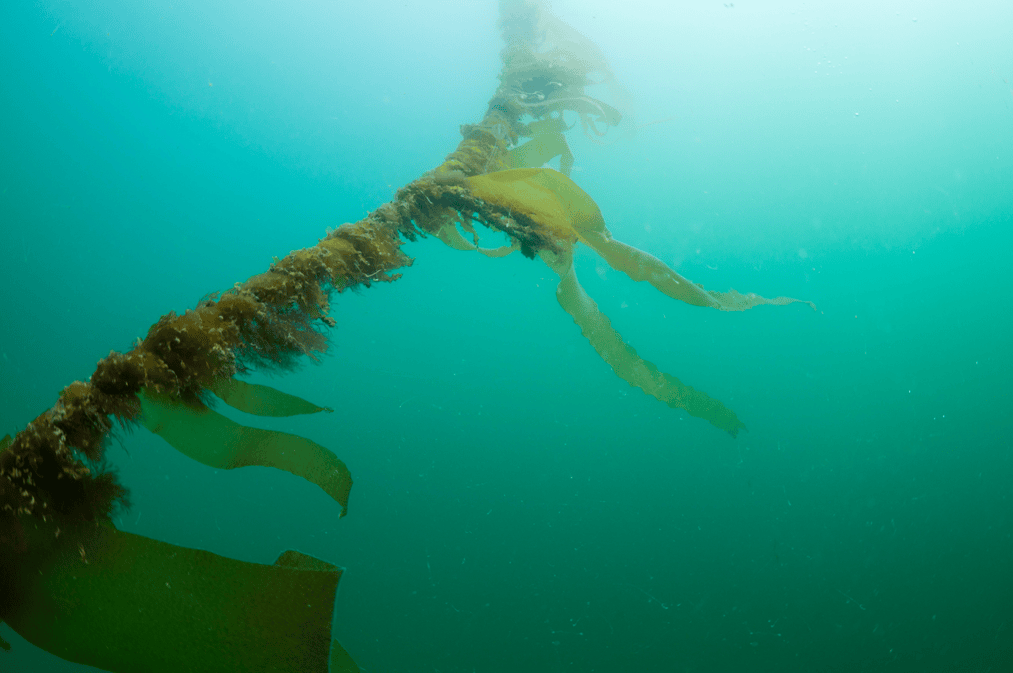
2023
Continuing to Grow, Prioritising Sustainability and Innovation
As the Barti Rum and Pembrokeshire Beach Food business’ continue to grow, Jonathan is now spear heading world leading research into the viability of seaweed as a carbon capture mechanism, something which could be a global game changer, and in the least, will make Barti Rum a carbon negative company in not too many years to come.
